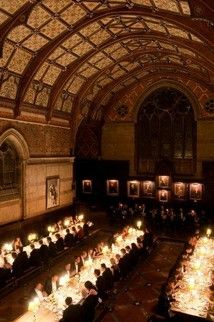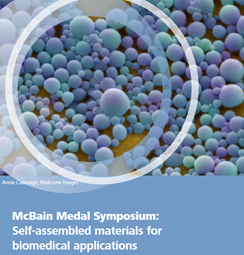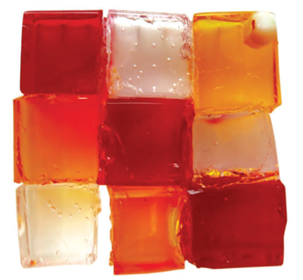FD175 Physical Chemistry of Functionalised Biomedical Nanoparticles is fast approaching: 17-19 September, Bristol
Themes
•Noble metal NPs: Novel synthesis of Au and Ag NPs, for example, and better understanding of surface chemistry and interactions between NPs and ligands
•Quantum dots: Novel syntheses and novel biofunctionalisation to enhance quantum yield of quantum dots, as well as being a protective layer for biomedical applications
•Magnetic NPs: Novel syntheses for enhanced magnetic properties and functionalisation for specific targets in vivo
•Carbon nanotube & graphite/graphene and other NPs: There is very limited literature on biomedical applications of this type of material. Therefore, biofunctionalisation is a very important aspect of this research topic.
The conference website can be found at this link




